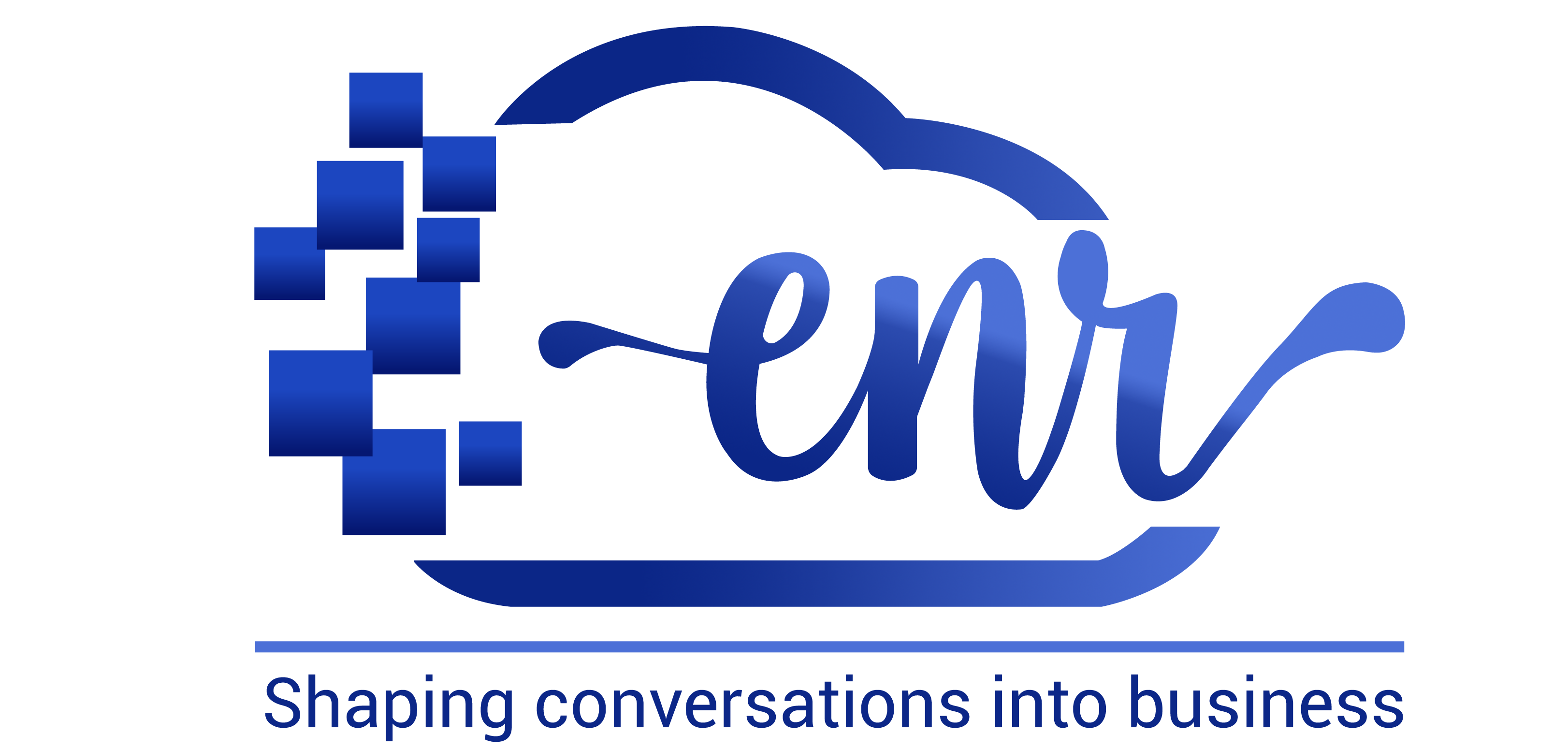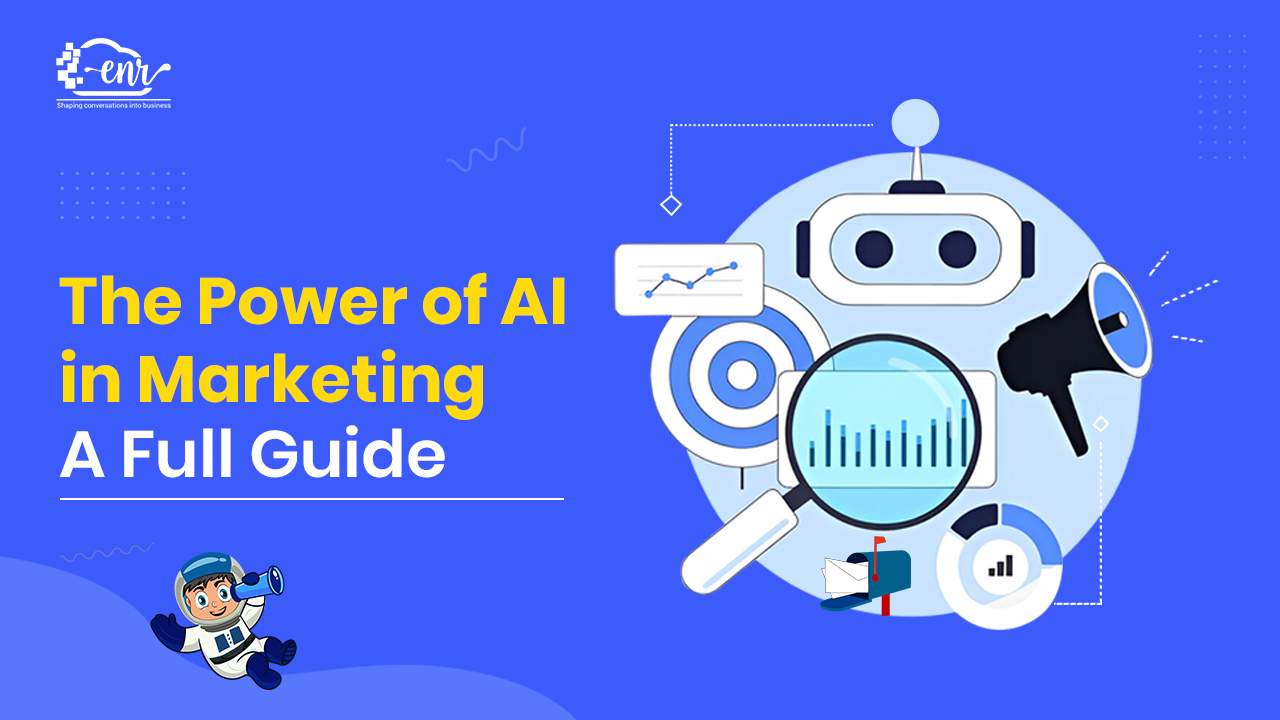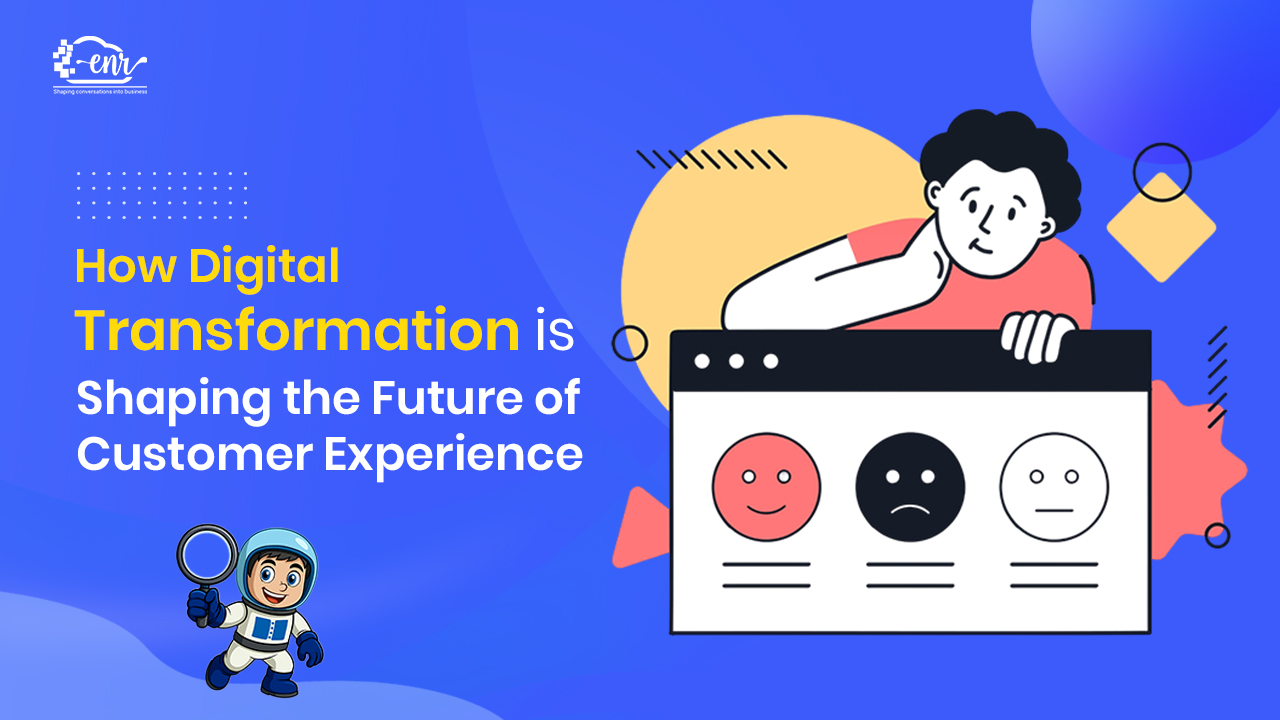Operation efficiency and good customer experience are the two backbones of a business’s success, and artificial intelligence AI marketing has emerged as a game changer in both the fields. As per the 2024 Global Customer Engagement Review, 99% of marketers say that their organization is already using AI in some way or the other.Â
With its ability to quickly and accurately analyze large amounts of data, predict trends, and automate processes, the scope of AI goes much beyond just creating copy and creativity. Artificial intelligence is augmenting our lives and amplifying the way we do things. Businesses are looking to harness the full potential of AI to improve customer relations byÂ
- Creating creative ideas
- Automating repetitive tasks
- Optimizing sales & marketing and other strategies in real time
- Improve and refine data analysis
- Hyper-personalization of campaigns
- Powering predictive analysis
In this guide we will look at a comprehensive overview of AI marketing, – its benefits, applications, challenges, and ways businesses can leverage it effectively and seamlessly.Â
Table of Contents
ToggleWhat is AI marketing?

AI marketing is the application of artificial intelligence technology to optimize marketing strategies. By using AI, marketers can unlock a world of possibilities and revolutionize the way they engage with their target audiences by gaining a more nuanced understanding of the customers. i.e.,
- Understand the subtle differences in customer preferences.Â
- Get a deeper comprehension of the customer beyond the surface level.
- Make sensitive contextual decisions based on cultural, social, or emotional factors.
- Form strategies based on a balanced view in real time.
Artificial intelligence works in real time by using various tools to elevate overall marketing efficiency and effectiveness. Using the data-based approach of AI, marketing teams can make informed decisions, identify trends and patterns, and tailor the marketing campaigns that resonate with the audiences, improving conversions and customer loyalty.Â
The primary benefit of AI in marketing is speeding up things, which is essential in the digital world. Artificial intelligence makes automated decisions in real time, and the results are based on data collection, data analysis, economic trends, and any other additional observations based on pre-set parameters. AI marketing today is an integral part of all digital marketing policies. Â
Benefits of AI marketingÂ
Enhanced Customer Insights: Use of artificial intelligence tools to learn how to best communicate with customers and then deliver personalized and tailored messages in real time without much human intervention.Â
Generative AI: Takes over the tactical tasks and assists the marketing teams in better strategizing.Â
Personalization at scale using AIÂ
Improved efficiency as AI can simplify data entry, lead scoring, and campaign optimization.Â
Cost-Effectiveness: Artificial intelligence saves time by identifying the best performing channels that align with the business goals and form targeting strategies for improving ROI.Â
Real Time Decision Making: AI algorithms analyses data in real-time, and marketers can adapt their strategies quickly in response to the trends, needs, and market conditions.Â
Smarter budget allocation using AI: Artificial intelligence recognizes the most profitable channels and strategies and gives recommendations to the marketing team about where to invest and where to cut back.Â
Tools Employed in AI Marketing
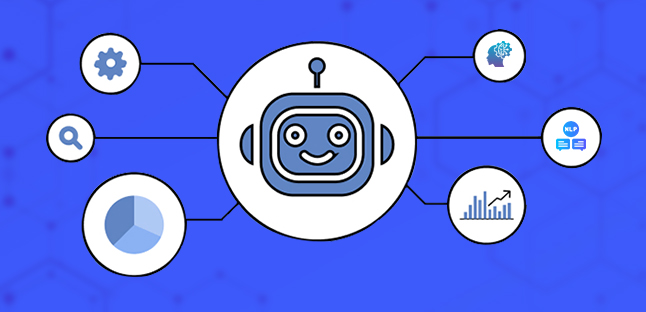
Artificial intelligence is the bridge between large amounts of consumer data and planning actionable steps that digital marketers should implement for successful campaigns.
Here are some important tools or components of AI that make it invaluable:
Machine Learning AI
Machine learning uses the computer algorithms to analyze the vast amounts of historical data and give marketing team an insight into the future outcomes. Helps the team figure out what works and what does not and then plan strategies to avoid repeating past mistakes.Â
Natural Language Processing (NLP) in AI
This is the tool that helps artificial intelligence understand human emotions and reactions. This forms the basis of chatbots, voice assistants, personalized experiences, and more. The human like interactions help marketing teams nurture the customers.Â
Big Data and Analytics in AI
Helps simplify and prevents the marketing team from getting overwhelmed by the abundance of data. Artificial intelligence can rapidly sift through the data, weed out the junk, and highlight the essentials across different channels (campaigns and programs). All this is done in lightening speed.Â
Predictive Analysis in AI
Forecasts future trends and behavior based on historical and real time data to help formulate a successful marketing strategy.Â
Ways you can Implement AI into your Marketing Campaigns
Artificial intelligence’s scope is limitless
It can be used for
Automating Repetitive: tasks and streamlining them, which frees the marketing team free to take over more creative pursuits. AI can take over tasks such as email marketing, ad targeting, and personalization to save time and resources.Â
Content Creation and Generation: Important part of AI marketing. AI can turn a simple blog post into a video and social media post in seconds, include video captions, craft email subject lines, make a web copy, and more and schedule the posts in real time. Content creation using artificial intelligence is based on trends, customer history, and relevant topics, and artificial intelligence can intuitively add the keywords and phrases for organic traffic.Â
Real Time Personalization: AI marketing asset that can define the current and future marketing strategies. Artificial intelligence can deliver tailored content, offers, solutions, etc., and help the marketing team boost conversion and customer satisfaction.Â
Media buying using artificial intelligence is a way to maximize ROI with minimal costs. This includes setting up AI to predict the most effective media placements, and advertisements.Â
Customer Service that Never Sleeps: AI can provide customer service round the clock. This includes answering questions, troubleshooting, and resolving issues. Artificial intelligence can also gather feedback for the sales and marketing teams for product improvement.Â
Applications and Future of AI in MarketingÂ
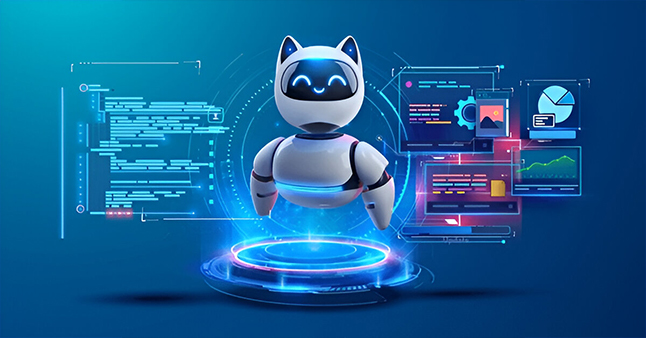
(1). Intuitive chatbots and virtual assistants that can perform human like interactions.
(2). High quality content creation across all touchpoints.
(3). Programmatic advertising for maximum impact and efficiency.
(4). Social media analysis for segmentation, trend identification, and sentiment analysis.
(5). Visual recognitionÂ
(6). Voice searchÂ
Implementing AI in Marketing
Like any other technology, using AI in marketing also requires planning and execution. Artificial intelligence is most effective when it is implemented in the right manner and after thorough understanding.
Here are some simple steps to follow:
Define and establish clear goals and list clear objectives and KPIs. Â
Select the right AI tools that align with your business needs and budget and that maintain and compliance with the data privacy standards.Â
Invest in data. You will need a vast amount of data in order to get started with AI marketing. Use high quality and structured data to enable AI for correct analysis and predictions.Â
Start small and then scale up gradually.
Train your team and educate the employees about AI, its uses, and what changes it will bring in the performances.Â
Continuously monitor and optimize AI driven campaigns to regularly adjust your approach and policies to customer needs.Â
Final ThoughtsÂ
AI is the transformative force reshaping the marketing landscape. Its unflinching adaptability and ability to speed up things has empowered marketers to invest in deeper strategic initiatives. Artificial intelligence has revolutionized how marketing campaigns are conceived. This greatly reduces the guesswork and saves time for the sales and marketing team, and maximizes return on investment for the business.
The benefits of AI far outweigh the risks of using it, making is an integral tool in the digital first world. Using AI for a well-positioned marketing strategy, it will be easier to meet the demands of the future and unlock new levels of success.
Read Also: Metadata: Definition, Example, Benefits, and use cases
Written By – Rajni Bhateja
I’m Rajni Bhateja, and I’m passionate about fostering positive work environments and cultivating employee growth. As the Head of HR and Employee Engagement, I’m dedicated to creating a supportive and inclusive workplace culture that encourages collaboration, innovation, and professional development. With a strong background in human resources and a keen eye for talent development, I strive to inspire and motivate teams to reach their full potential. Let’s connect and explore ways to build a brighter future together!
